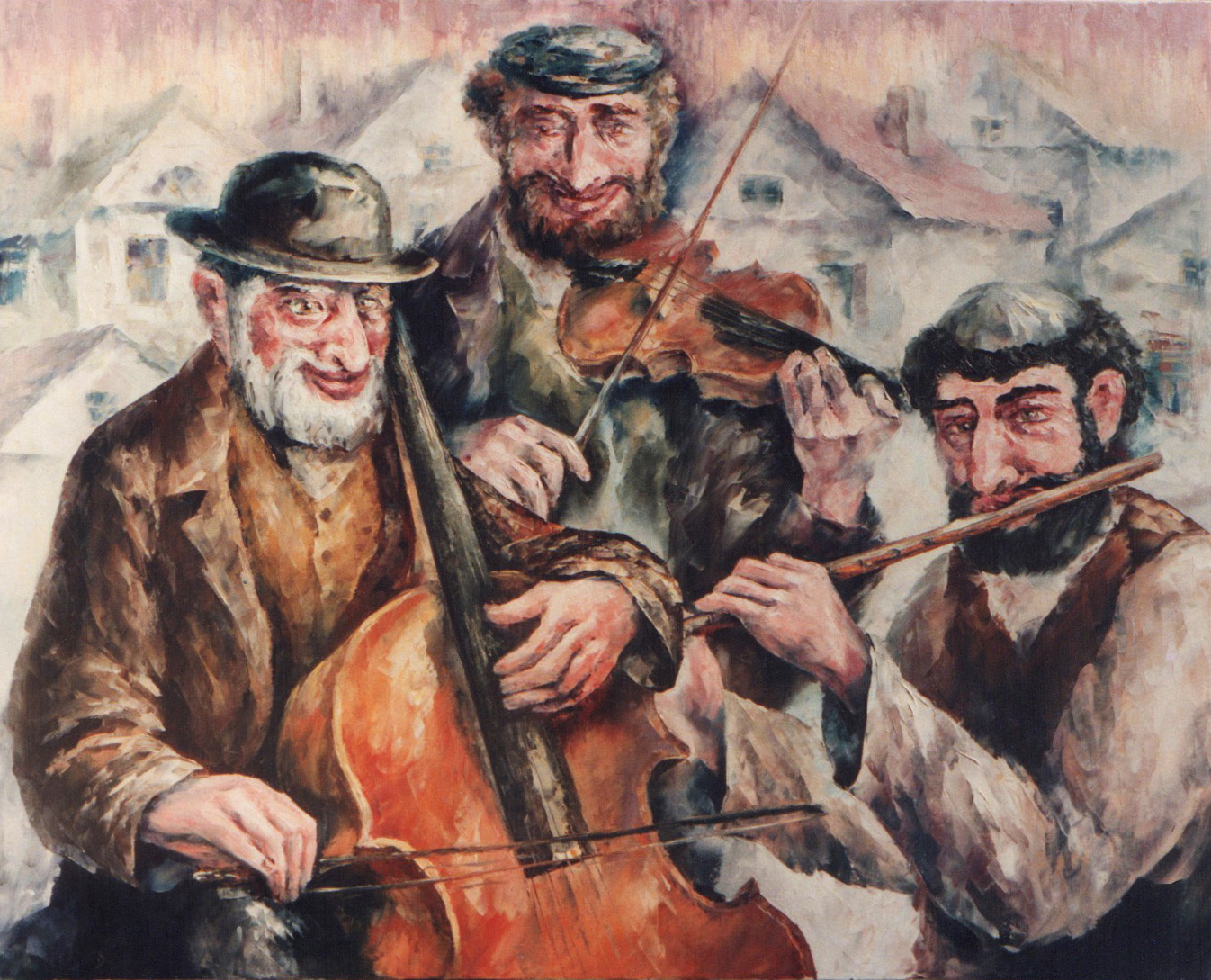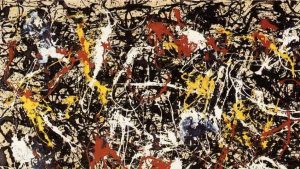
People nearly always separate artists from their work — unless they’ve had to eat or sleep with one. Then, art and the artist tend to merge, often with nauseating consequences. Sometimes you have to work with them. Then, separation is impossible. That being said, let’s look at the collaborative arts.
Sometimes you have to work with them. Then, separation is impossible.
Actors can be terrible people. Dedication to the art form or to the thoughts and feelings expressed in film or theater allow decent people to muster the grit to perform. And theater, with its cruel potential to magnify bad acting, can reduce even the most egomaniacal thespians to attempt equitable give and take. But at its core, stagecraft requires arrogance, myopia, courage, or a blend of all three. It doesn’t necessarily require intelligence.
And I’m just talking about actors. I must give honorable mention to incompetent or draconian directors (they’re often both); kudos to set designers who don’t give a damn if you fall off their set; stage managers who can be cold, humorless micromanagers; and producers — very few of them have ever acted; I’ll leave it at that. So, you get a lot of jerks in the theater.
Music as a collaborative form usually offers less leeway for jerks than stage or film. You can either play or you can’t. Music breeds humility because its demands begin early and continue. You must learn to play your instrument, read music, and practice diligently to keep your chops up. Clams — mistakes — show up as glaringly as black notation on white paper. Yes, you can find real a-holes in any ensemble, but music’s technical demands often serve as a great leveler…onstage.
 Offstage, actors are usually a harmless lot. Noisy, egotistical, always “on,” they traffic in fear, which can render them into fussy, detail-oriented whiners full of complaints about costumes, dressing rooms, and other actors. But theater camaraderie breeds forgiveness and, despite the inevitable conflict that theater people promulgate among themselves, actors and companies do, in fact, eat together and sleep together with varying amounts of pleasure and success.
Offstage, actors are usually a harmless lot. Noisy, egotistical, always “on,” they traffic in fear, which can render them into fussy, detail-oriented whiners full of complaints about costumes, dressing rooms, and other actors. But theater camaraderie breeds forgiveness and, despite the inevitable conflict that theater people promulgate among themselves, actors and companies do, in fact, eat together and sleep together with varying amounts of pleasure and success.
Offstage, musicians can be tedious bores. The work of making music tends to limit people’s life experience. Most likely you’ve begun to as a child, and, while the other kids play, you practice, a crippling discipline that can rob practitioners of their childhood and any possibility of learning the most rudimentary social skills. You can’t go far without your instrument (unless you’re a singer — a different breed of musician altogether) and traveling on tour doesn’t leave much room for worldly development.
The only jokes musicians know are about chick singers, drummers, and bandleaders and they can fill an entire break between sets with odious Q & A quips including:
“There’s a hundred chick singers buried up to their necks in sand. Why?
Answer: There wasn’t enough sand.” Or…
“What do you call a drummer who just got dumped by his girlfriend?
Answer: Homeless.”
The shorter the joke, the longer the ritual groan that must follow. The only solace is that sooner, rather than later, the break will be over and one will be rescued by the music.
The only other topic of conversation among musicians involves acronyms that describe the finer points of instruments, amplifiers, or recording equipment. Classical musicians gossip about the snake pit of classical music society (too many players, not enough orchestras) or quibble over various interpretations of a Chopin sonata. In short, many a fine musician closets a real-life snooze.
 But the real terrors are the solo artists — the writers and painters who have no one to check their egos and their demons except when they— and we — are fortunate enough to be wrangled by an agent or manager. Left to their own devices, writers and artists can be monsters. Gauguin deflowered Polynesian girls for rest and relaxation. William Burroughs killed his own wife, a woman much smarter than he, and got away with it. He claimed that killing her forced him to write his bohemian claptrap. Jackson Pollock was an obnoxious drunk who killed himself and two women in a high-speed joust with an oak tree.
But the real terrors are the solo artists — the writers and painters who have no one to check their egos and their demons except when they— and we — are fortunate enough to be wrangled by an agent or manager. Left to their own devices, writers and artists can be monsters. Gauguin deflowered Polynesian girls for rest and relaxation. William Burroughs killed his own wife, a woman much smarter than he, and got away with it. He claimed that killing her forced him to write his bohemian claptrap. Jackson Pollock was an obnoxious drunk who killed himself and two women in a high-speed joust with an oak tree.
Having made the transition from collaborative artist to a lonely writer I can offer up two reasons for the transition: one was a mutual resolution I repeatedly made with my theater partner to work with puppets in any future productions; and two, a mantra that emerged full-blown one night after a particularly frustrating performance — one man, one computer. One man, one computer.
Writer, editor, and educator based in Los Angeles. He's also played a lot of music. Degelman teaches writing at California State University, Los Angeles.
Degelman lives in the hills of Hollywood with his companion on the road of life, four cats, assorted dogs, and a coterie of communard brothers and sisters.



What a wonderful expose of different types of artists, Charles. I was especially entranced by the musicians because I haven’t had as much experience with them, not being able to play an instrument. Actors can be supportive of each other’s neuroses, and I agree that you are right about the lack of checks and balances of writers and other solo artists.
Hi, Marian, thanks for reading! really, this post was partially an exercise in attitude…satire, sarcasm, what have you. I love it all and have been fortunate to have been a practicing musician and theater person before I settled into my lonesome 😉 calling as a writer.
Interesting take on this prompt! I was waiting for the story of a specific artist who had done something objectionable, but you obviously decided not to go there. I have to say that I don’t think your first sentence is true – these days people are NOT separating artists from their work, and that’s why this so-called cancel culture has arisen. Have you not noticed?
Hi, Suzy, I don’t know what cancel culture is, so I can’t say whether or not I’ve noticed! 😉
Glad you have come to your one man-one computer mantra. I enjoy reading your work, which is also a form of art, of course.
Thanks, Laurie. I’m not sure this is art, but this piece was an attempt at whipping up a nice, thick batch of ‘tude about three art forms that I love and that I have had the good fortune to participate in. 🙂
This trip through actor and musician life reminded me why I never went into the performing arts–talent aside. Maybe you just have to love it so much, or be driven by a passion for it, that the downside is acceptable. I’m glad there are people who make all the beautiful art I appreciate as an audience member however.
Thanks, Khati… Although I hope you understand that when my tongue is not jammed firmly in my cheek, I deeply love both art forms and the artists who fly on them. It has been my great good fortune to have been able to work in both theater and music (and a little film) for much of my life.
I know you love the performing arts. I like to do oh so many things as a dilettante. But to really live the life is something else. I appreciate all the diversity of talents out there.
As always Charles you march to your own drum when Retro prompts us, and as always your writing shines.. I’m sure your assessment of actors is generally true, but I guess exceptions prove the rule.
I had a beloved uncle who was a gifted actor, versatile and accomplished on stage and screen, had been in Woody Allen films, Cabaret on Bway, and King Lear in regional theatre, but offstage was unassuming, never the center of the conversation, although very bright with a dry sense of humor that many probably missed.
The drummer joke I heard from my son who drums and has been the butt of them all!
Hi, Dana…. I guess I pushed the Retro envelope a bit far with this attempt at tongue-in-cheek attitude. As you can imagine, I love the art forms and the artists that make up the timeless practice of music and theater. I’ve spent my life inside these forms, so one would hope my ‘essay’ was taken with a grain of salt, if not a laugh.
C, I think we’re welcome to push the Retro envelope. I wrote about a writer I greatly admire who hadn’t any closet skeletons – and if he had I would surely forgive for the sake of the magnificent art!
You had an idea and ran with it full tilt…as always. That’s part of the fun of writing…and acting, directing, making art, and playing music — stretching our muscles. Now, please pass the salt.
Ha ha! Here’s the salt and a baggie full of hot air. Thanks four your savvy support!
Sorry that I’m a day late (hopefully not a dollar short) to this story, Charles. An artist you are – across many disciplines. I’ve engaged in many of them as well – acting, stage managing (I was not an ogre, I assure you; I was an undergrad, cajoling grad students), solo singer, but usually in an ensemble. I am not a professional writer, but do spent a lot of time writing these Retro stories (almost five years now), so I can verify lots of your claims about attitudes. But I have found the ensemble singing to be a wonderful, supportive world (perhaps because we are older, and caring people). Acting was definitely a competitive world; auditioning for roles, trying to be better than others, and 50 years ago, lots of chauvinism. Glad I am out of there!
Thanks for your perspective on your life in those disciplines, and very glad you’ve taken up your place at the solo keyboard.
Thanks, Betsy, for your kind words! I’m glad to be [back to] writing — according to my HS yearbook, ‘writer’ is my chosen profession. But I want to underscore your final line, ‘thanks for your perpective…’ I love the art forms I described and dedicated my life to them. The theater and music have been my life and I carry many exciting, satisfying, profound and ecstatic experiences and friendships away from my work in both disciplines. This Retro piece gives only one perspective, a flight of sarcasm that may even rise to satire at times. I know you understand!